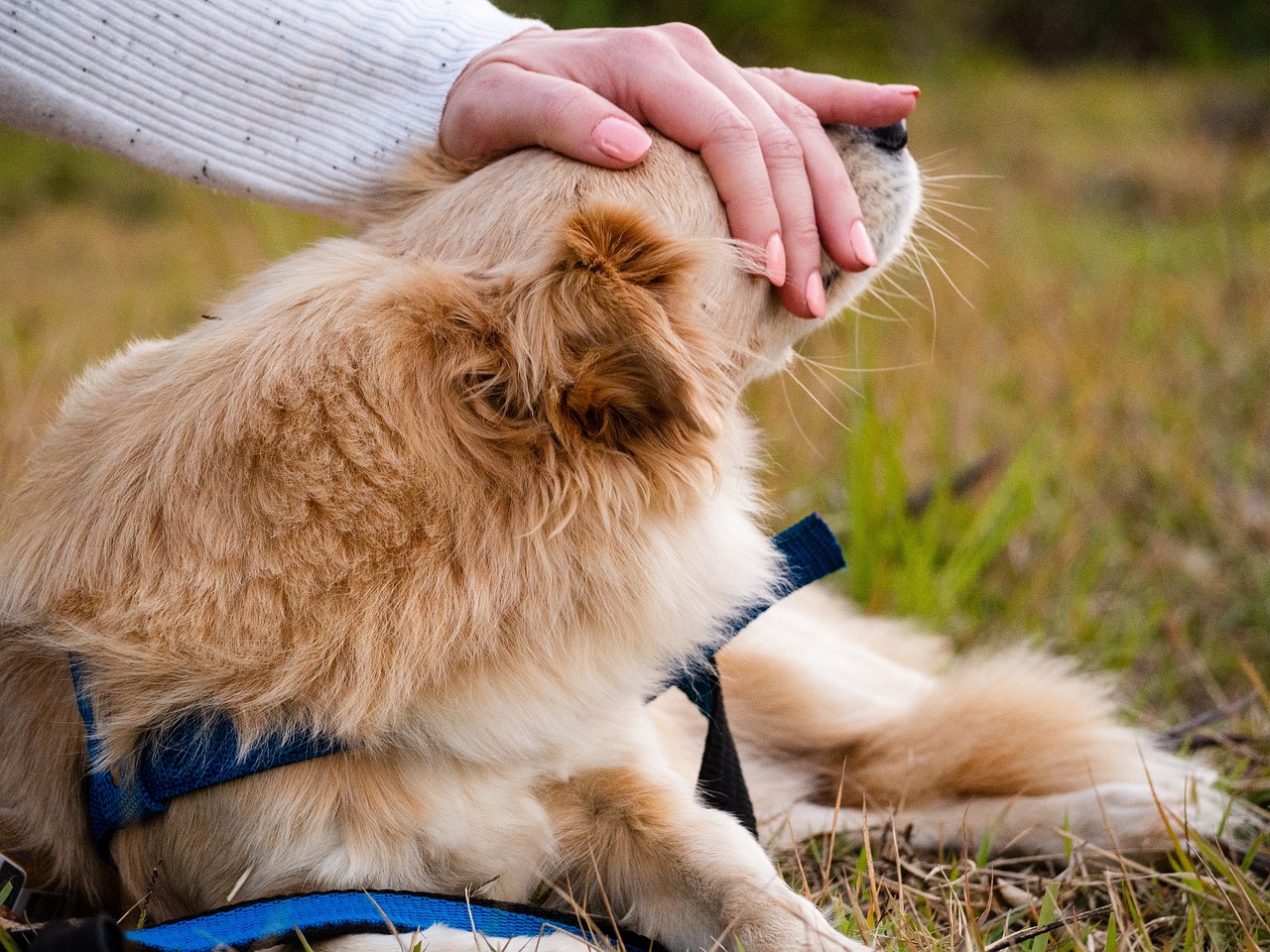Instinctual and Environmental Triggers
If you’ve ever noticed your dogs howling at night, you might have felt a mix of curiosity and concern. This behavior is deeply ingrained in their instincts and stems from their ancestral ties to wolves. In the wild, wolves howl to communicate over long distances, marking their territory, locating their pack, or reacting to distant sounds. Certain breeds, such as Huskies, Beagles, and Malamutes, are more likely to howl due to their genetic makeup. Even domesticated dogs hold onto these instincts and may howl in response to sirens, other dogs, or unfamiliar noises in their surroundings.
Emotional and Behavioral Causes
Dogs communicate their feelings through howling, which can indicate anxiety, stress, loneliness, or excitement. Many dogs struggle with separation anxiety, particularly when they have a strong bond with their owners. If they are left alone frequently, they may become bored, frustrated, or under-stimulated, resulting in excessive vocalization. Offering interactive toys, ensuring regular playtime, and maintaining a consistent routine can help alleviate this behavior and make them feel more secure.
Medical Concerns and Sleep Disruptions
Sometimes, howling at night can indicate a medical problem. Issues such as canine cognitive dysfunction (CCD), arthritis, injuries, pain, or seizures may cause a dog to feel restless, resulting in more vocalization. If the howling appears suddenly, happens often, or is linked to signs of discomfort, it’s advisable to arrange a visit to the vet. Recognizing and addressing the root cause is crucial for enhancing their well-being and helping them achieve better sleep.
Solutions to Reduce Night Howling To reduce disruptive howling, ensure your pet gets regular exercise to improve their sleep quality. Establishing a calming bedtime routine that includes petting, quiet time, and a cozy sleeping area can help them feel more at ease. If anxiety is the underlying issue, consider using calming chews, treats, or playing soft music to help soothe them. In more serious situations, seeking professional training or consulting a veterinarian may be essential to effectively tackle the problem..



